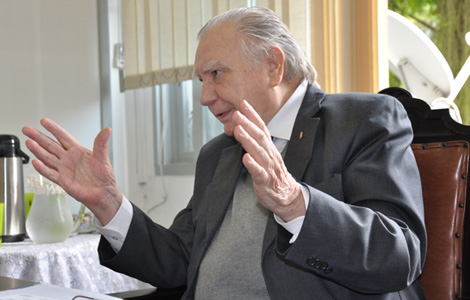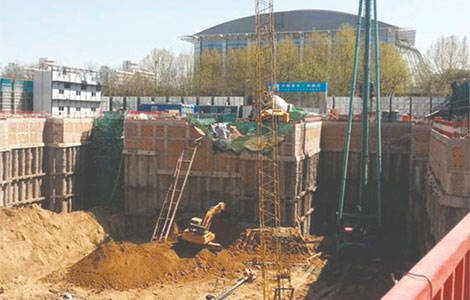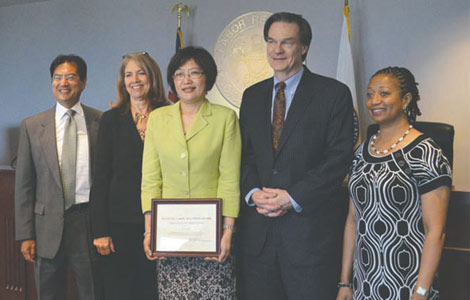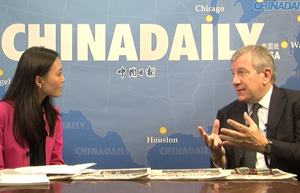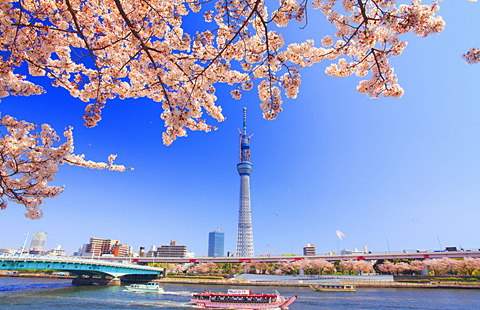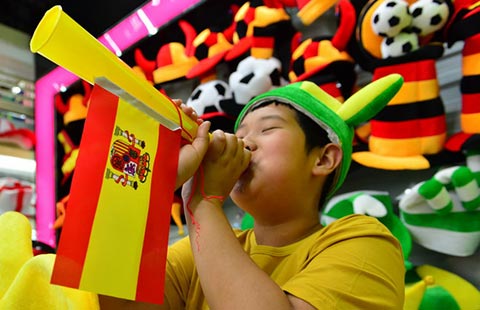Polluters will face increased fees
Updated: 2014-05-15 07:17
By Zheng Xin (China Daily)
|
||||||||
|
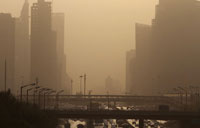 |
| Pollution casts pall over cities' livability |
|
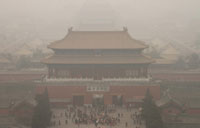 |
| Beijing fines 652 firms for pollution in 4 months |
It's part of an attempt to raise the companies' awareness of the cost of pollution and the importance of cleaning up their act, officials said.
Based on the environmental cost of the pollution, the levy will be higher than the current discharge levy on sulfur dioxide and nitric oxide, the Beijing Environmental Protection Bureau said.
All the money collected from the levy will be invested to improve the city's air quality, said Zheng Zaihong, deputy head of the pollution prevention department of the bureau, during a media briefing on Wednesday in Beijing.
The government wants to use economic leverage to reduce emissions, he said.
In addition to the discharge levy on the organic compounds, the government is drafting pollutant discharge standards for seven industries: automobile manufacturing, vehicle repair, organic chemicals, package printing, furniture making, industrial coatings and restaurants - dealing with food-related smoke.
The discharge standard for boilers, oil refineries and other chemical operations will also be raised, it said.
The city's environmental watchdog raised the fees for sulfur dioxide, nitrogen oxide, chemical oxygen demand and ammonia nitrogen in January to help reduce emissions, and has raked in 88 million yuan ($14 million) so far this year, compared to 8.34 million yuan during the same period last year.
Enterprises that release 50 percent less pollutants than the emission standard will be charged half the benchmark price, and those exceeding the quota will be hit with double fees and other punishments.
The current discharge levy standard for sulfur dioxide and nitric oxide is 10 yuan per kilogram.
According to Zheng, the capital will gradually restructure its industrial sector by scraping off the worst polluting industries through financial incentives and other encouragements. Details of the incentives have not been revealed.
Since 2013, all project applications in the city relating to oil refining, concrete, coking, casting, ceramics, nonmetal mineral mining and coal-fired facilities are automatically rejected by law.
Beyond the fees a company may pay for its discharges, Beijing began imposing harsh fines on the worst polluting enterprises this year, with 652 companies fined more than 14.5 million yuan as of April, the bureau said.
Despite the city's leadership in preventing industrial pollution and the low proportion of traditional polluting industries in the city's overall economic mix, industrial pollution remains one of the major culprits behind its notorious smog.
Industrial emissions are the third-largest contributor to the city's hazy days, accounting for 18.1 percent of particulate matter. Automobile emissions contribute 31.1 percent, and coal burning contributes 22.4 percent.
zhengxin@chinadaily.com.cn
Most Viewed
Editor's Picks

|

|
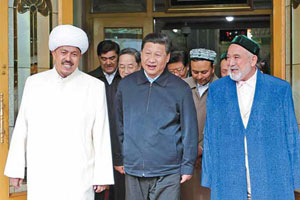
|
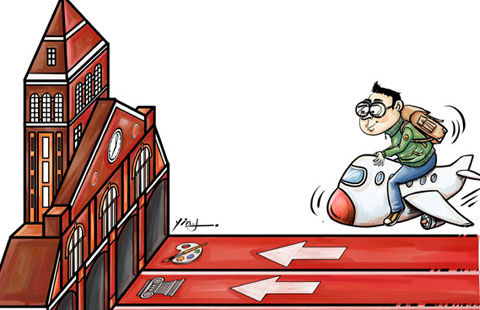
|

|

|
Today's Top News
Boeing order for discount airline shows low-cost travel increasing
US-China 'Dialogue' will include S. China Sea
PLA chief tours US carrier
Houston may see 55,000 new jobs from energy boom
China accuses former GSK head of bribing doctors
Scholarship gets new partner to help find students
Former policemen convicted of forced confession
Li: More common interests with US
US Weekly

|

|

